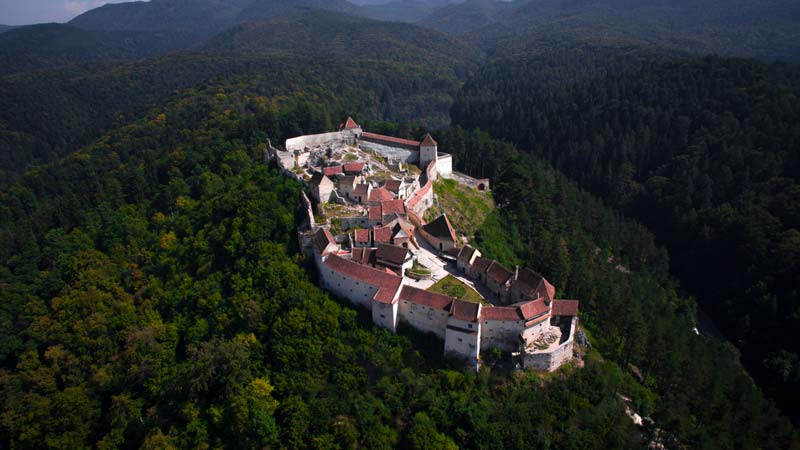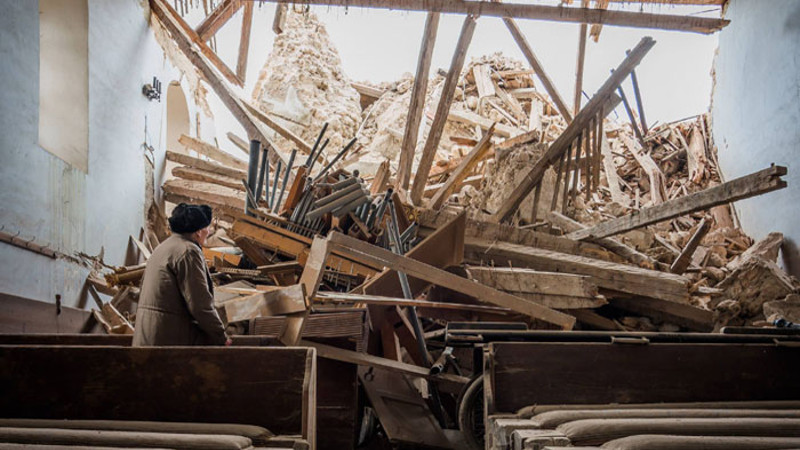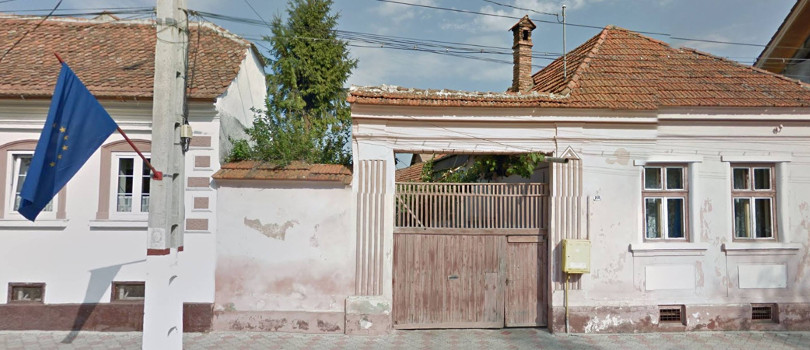The story behind the movie

The filmmaker's personal background
M y name is Holger Gutt. My parents come from Burzenland in Transylvania, in today's Romania. After years of waiting, my father was allowed to leave for Germany in 1984. My mother then followed in 1988.
I was born in the summer of 1990 near Munich. I grew up in the heart of Bavaria, attended a Bavarian kindergarten and Bavarian schools. German was spoken to me at home.
But despite all my love for Bavarian culture, I didn't want to become a Bavarian. Putting on leather pants would have felt like a disguise to me. The cultural reverberations of my ancestors have such a strong impact on me that my heart is still connected to this culture in some way.
About four years ago, the desire grew to shed more light on these questions of identity in order to pursue this longing for my unknown home. That finally motivated me to go on a documentary and historical search for traces at the side of my father.
Historical background of the Transylvanian Saxons
I
nhabited from the 12th century up to 250,000 German settlers the area in the southern Carpathian region - in the heart of today's Romania. They came with the crusades as free settlers to settle the country and built churches, castles, villages and cities and managed to preserve their culture and language for over 800 years.

The Transylvanian Saxons, who dominated the country culturally, economically and politically for centuries, were expropriated, expelled, deported and systematically discriminated against at the end of the Second World War. Little by little, they were deprived of their own identity. With the fall of the Iron Curtain, the German minority almost completely disappeared from Transylvania. Almost all of the Transylvanian Saxons migrated back to their former German homeland, or spread all over the world.
"Combining the preservation of tradition with cosmopolitan thinking and acting is a balancing act.
We have to face this challenge."
Holger Gutt
The present: rethinking identity
T he experience generation is slowly leaving us. 70 years after the flight and expulsion, it is now our task to create a memory and identity transfer. Today's generations have a common duty to find a place and a form of preservation for this in a united Europe, in which national borders are no longer determined by ethnic criteria. This work creates identity and clearly counteracts a fear of foreign infiltration.
I can only begin to empathize with what it is like to grow up in a country that is not my own home. Because I am part of the generation of displaced persons who have the chance to live their lives in freedom, peace and prosperity. And that is so, we owe primarily to European unity and integration.
More than a personal search for clues

T his film should therefore be a contribution to European understanding and a bridge between the European neighborhoods. It should also give a feeling for the meaning of culture and history and be an impetus for all people to deal with these topics. An inspiration to look to the future of culture.
This documentary is also intended to raise awareness of the fact that to this day there are regions in Europe and around the world where Germans have been at home for centuries. It is supposed to create an undisputed space in society and in memory for the fate of the German expellees.A call
I see securing the culture of the German from the settlement areas in Eastern Europe, the maintenance of intangible customs and traditions as well as the diverse spiritual work as part of the cultural heritage as a task for society as a whole. It is a responsibility that we must fulfill towards future generations in a European dialogue.
"This cultural heritage belongs to all of us, it must not disappear in boxes or gather dust in archives.
It has to stay alive."
Holger Gutt
